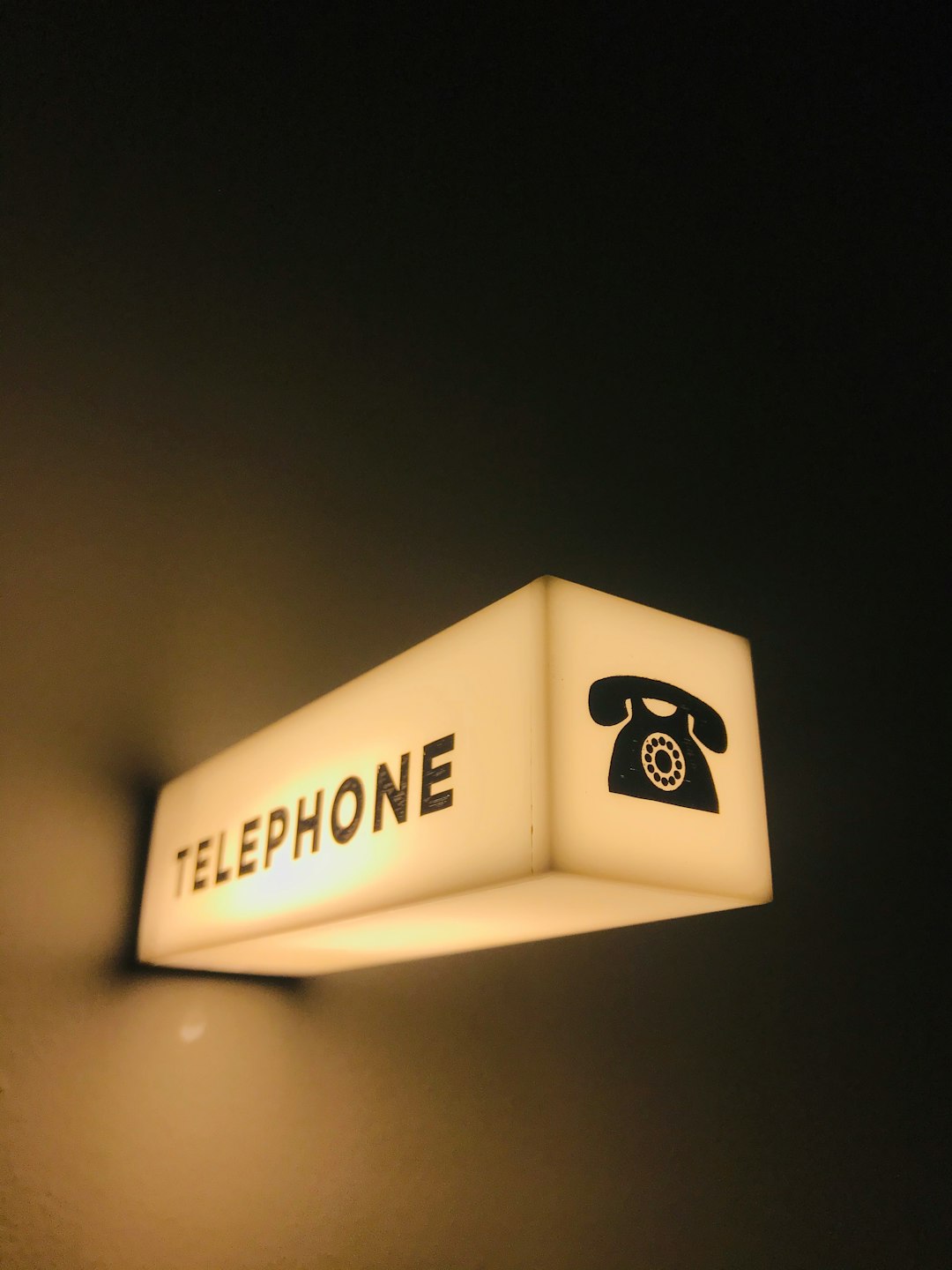Michigan residents are facing an increasing problem of unwanted robocalls from attorneys and law firms. To combat this, the state offers a 'Do Not Call' list that blocks promotional calls from telemarketers and robocallers. Despite some exemptions for specific organizations, persistent robocalls can be tackled through legal action under the Telephone Consumer Protection Act (TCPA). Individuals affected can consult specialized Do Not Call Lawyers or Robocall Attorneys in Michigan to protect their privacy, assert rights, and recover damages from violators.
In Michigan, understanding and enforcing your rights under the Telephone Consumer Protection Act (TCPA) is crucial. This act safeguards against unwanted telemarketing calls and robocalls, providing consumers with significant legal protections. If you’re facing persistent robocalls or unsolicited sales calls, knowing when and how to use Do Not Call Lists can be a powerful tool. Engage a specialized Do Not Call Lawyer or attorney in Michigan to navigate the legal landscape and stop unwanted telemarketing. Explore effective strategies and connect with reputable Do Not Call Law Firms in Michigan to reclaim your peace of mind.
- Understanding the Telephone Consumer Protection Act (TCPA) in Michigan
- When and How to Use Do Not Call Lists in Michigan
- Legal Recourse for Robocalls: Engaging a Lawyer in Michigan
- Effective Strategies to Stop Unwanted Telemarketing Calls in MI
Understanding the Telephone Consumer Protection Act (TCPA) in Michigan
When and How to Use Do Not Call Lists in Michigan
In Michigan, consumers have a powerful tool to combat unwanted phone calls, thanks to the Do Not Call Act. The process begins by registering your number on the state’s official Do Not Call List. This list is designed to prevent telemarketers and robocallers from contacting registered numbers for promotional purposes. It’s a simple yet effective way to reduce the incessant ringing in your home or office.
To use this service, Michigan residents can register their landline or mobile phone through the state’s website or by calling the designated hotline. Once registered, most calls should stop within a few weeks. However, keep in mind that some calls are exempt, including informational messages from non-profit organizations, political campaigns, and certain types of medical or financial institutions. If you’re still receiving unwanted robocalls after registration, it might be time to consult a do not call lawyer Michigan or an attorney specializing in robocall cases to explore your legal options.
Legal Recourse for Robocalls: Engaging a Lawyer in Michigan
If you’re being bombarded by unwanted robocalls in Michigan, knowing your legal recourse is essential. In the state of Michigan, there are strict regulations in place to protect consumers from excessive or nuisance calls, primarily through the enforcement of the Telephone Consumer Protection Act (TCPA). If a business or caller violates these rules, individuals have the right to take legal action and seek compensation for each violation.
Engaging a qualified do not call lawyer or robocall attorney in Michigan is a crucial step towards asserting your rights. These specialists are well-versed in navigating the complexities of TCPA litigation and can help you understand your options. Whether it’s representing you in court, negotiating with violators, or advising on how to prevent future robocalls, a dedicated do not call law firm in Michigan can provide the expertise needed to win cases and recover damages incurred from unwanted telemarketing calls.






